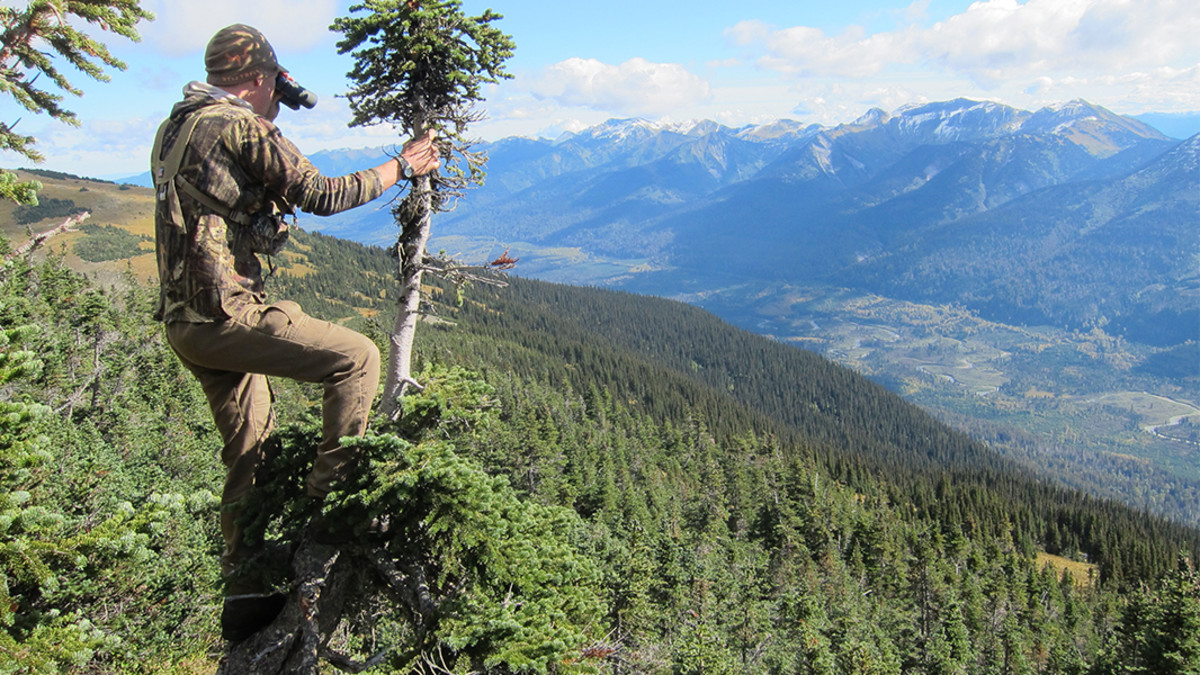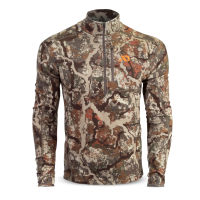
Choosing a hunting spot has richer history than you might think. Before Europeans arrived on this continent, access to North America’s richest hunting grounds was won and loss through warfare. The Nez Perce infringed on the hunting grounds of their enemies, the Blackfeet; the Blackfeet infringed on the hunting grounds of their enemies, the Sioux; the Sioux infringed on the hunting grounds of the Crow; the Crow attempted to steal the ancestral hunting grounds of the Shoshone. For Native American tribes, hunting land was something worth fighting and dying for.
Today, the battle for hunting lands in America is no longer bloody and violent, but it’s still intense. The best hunters spend more time thinking about where they’ll hunt than any other aspect of the hunting process. For them, identifying and gaining access to good hunting spots is more than a simple hobby—they treat it like a job.
Year round, they are studying maps, scouting locations, swapping information with their fellow hunters, and making phone calls to landowners and government agencies responsible for the management of public lands. All this effort goes into solving the primary question that should be on every hunter’s mind: Come hunting season, where will I be?
For discussion’s sake, let’s divide all hunting lands into two categories: private land and public land. Private lands are privately owned parcels of land where you need to secure permission from a landowner or land manager in order to hunt the property. Public lands are government-owned properties that are generally open to the public for hunting purposes.
Bear in mind, though, that these are somewhat simplified definitions. There are many parcels of private land made open to public-access hunting through various state-sponsored programs; likewise, some public lands are managed by various branches of government as restricted-access hunting grounds which are meant to provide high-quality hunting experiences to a limited number of hunters who are randomly selected through raffles and drawings.
Private and public lands each have their pros and cons. One of the best things about hunting public land is that you’re exercising your rights as a citizen to access those lands and harvest publically owned renewable resources of wild game. This right is distinctly American, as no other nation on earth has a public land and wildlife management system nearly as good as ours.
There is no greater feeling than standing on a mountain knowing that you can hunt all day in any direction without having to worry about fences or NO TRESPASSING signs, and that all of it belongs to We the People. But remember that public access means just that: you’re going to be sharing the land with other people, and those other people are going to make your hunt more complicated and often in very frustrating ways.
Private Land Access
In a nutshell, that’s the great advantage to private land: limited access. You’re sharing the ground and the animals with fewer people, which makes hunting a lot easier and often much more productive. This is particularly true in the eastern half of the United States, where public lands are less abundant and tend to be very crowded during peak seasons for highly desirable species such as deer, bear, and turkey.
What’s more, many private landowners practice superb wildlife conservation on their lands and it’s beautiful to witness the results first hand. Yet private lands have their own drawbacks, especially for independent-minded hunters who want to operate with autonomy.
Private landowners often exercise a lot of control over hunters on their land. They can tell hunters where and when to hunt. I have a good friend in Wisconsin who goes so far as to assign specific tree stands to each of the guys who hunts on his land. Also, many private landowners enforce restrictions that go far beyond the restrictions of the law. A hunter might legally be allowed to harvest any deer, buck or doe, but the landowner might stipulate that he kills only does.
A final consideration is that private-land hunting permissions are tentative. At any time, and for any reason, a landowner might revoke your privileges or sell his or her land to someone who doesn’t allow hunting. I still remember the hurt feelings that resulted when my family lost hunting permission on the farm where my two brothers and I all killed our first deer.
The old farmer died, and his kids simply gave us the boot when they took over. They wanted those deer to themselves. I’ve met many hunters who actually quit hunting after suffering a similar loss of hunting access. These hunters had grown complacent in their search for hunting grounds, and they crumbled after losing their “one good spot.” Do not let this happen to you. Every hunter should maintain an active collection of viable hunting locations, either public or private. Here’s how to begin.






